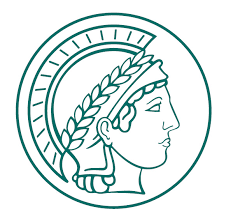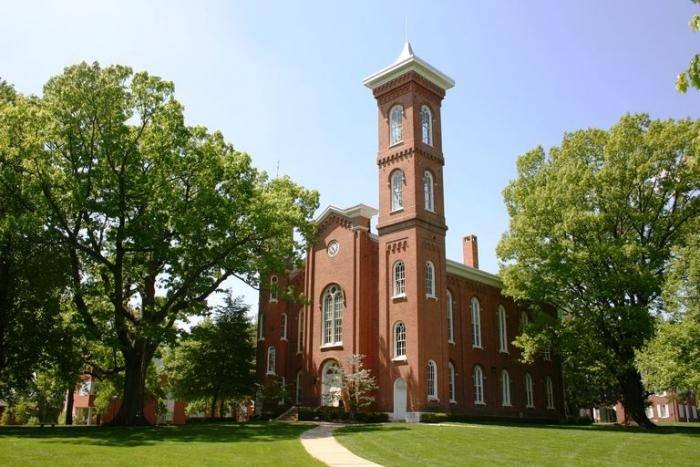
These positions will be full-time for two years with a starting date of 1 June 2023. Successful applicants will work as core fieldworkers undertaking qualitative/ethnographic research as part of a team relating to the project:
Climate Displacement and Diversification: Changing Patterns of Migration and Peri-urban Settlement
Climate change is already triggering and changing processes of displacement in many places around the world. As temperatures rise and various landscapes become increasingly uninhabitable, existing migration trends will be greatly exacerbated and lead to large-scale movements to, and processes of ethnic, linguistic, religious, age and gender diversification within, already highly diverse peri-urban areas that are also subjected to challenges of climate change. Further, such future displacements and diversifications will likely produce new, complex patterns of translocalism, temporality, environmental stress, conflict and cooperation. Based on comparisons in Ghana and South Africa, this project examines how existing strategies and trajectories of in-country and international migrants might relate to future patterns of climate-related displacement and settlement.
The project is being developed jointly by the Max Planck Institute, the University of Oxford, the University of Ghana and the University of the Witwatersrand.
The appointed Postdoctoral Research Fellows will have the opportunity to help shape the research design and operationalization of the project, to undertake first-hand research, to analyze data, and to write-up results together with senior scholars at the partner institutions.
About Max Planck Institute for the Study of Religious and Ethnic Diversity
The Max Planck Institute for the Study of Religious and Ethnic Diversity is dedicated to the multidisciplinary study of diversity in historical and modern societies, especially with regard to ethnic, religious, political, and legal processes and dynamics. This work includes basic empirical research, with the goal of advancing theoretical concepts.

Fellowships
| Application Deadline | 03 Feb 2023 |
| Country to study | Ghana, South Africa |
| School to study | University of Ghana, University of the Witwatersrand |
| Type | Fellowship |
| Course to study | View courses |
| Sponsor | Max Planck Institute for the Study of Religious and Ethnic Diversity |
| Gender | Men and Women |
Aim and Benefits of Fellowships
The contract will be for a full-time position and for a period of two years ending 31 May 2025. Salary is based on the German collective agreement for civil servants (TVöD Bund), level E 13.
The Max Planck Society is mainly funded by German Federal and State Governments (see www.mpg.de). Max Planck Institutes provide outstanding facilities, academic resources and intellectual environments for the support of independent research. Max Planck Institutes are not tied to universities. There are no teaching obligations for staff, but teaching and other forms of co-operation with universities is possible.
The Max Planck Society wishes to increase the participation of women across the sciences. Applications from women are therefore particularly welcome, as are applications from people of diverse gender or sexual orientations. Following its commitment to equal opportunities employment policies, the Max Planck Society especially encourages applications from persons with a disability. Persons of any nationality can apply. Especially for these current positions, the Institute encourages applications by scholars from African countries.`
Fellowships Courses
Requirements for Fellowships Qualification
Applicants should have a PhD in Sociology, Political Science, Anthropology, Geography, or have a related interdisciplinary profile. Their research experience and publications should be relevant to the research interests of the project. Applicants expecting a PhD need to be able to confirm (by a statement from their supervisor) that their PhD-thesis will be submitted and final examination will have taken place by 1 March 2023.
Good spoken and written English is required. The working language of the Institute is English. Competence in other African languages will be an advantage.
Apart from extended periods of fieldwork in Africa, regular presence at the Institute is required and researchers need to reside within commuter distance of Göttingen. Researchers will have the opportunity to spend designated periods of work at the University of Oxford and throughout fieldwork periods will be associated with the University of Ghana and the University of the Witwatersrand
Application Deadline
February 3, 2023How to Apply
Applications should include: a cover letter describing the applicant’s career trajectory and interests, CV including list of publications; a short outline of your research interests relating to project themes listed above (max. 500 words); and the names and contact details of three potential referees.
Deadline for all applications is Friday 3 February 2023.
For further details about the Max Planck Institute, consult the website (www.mmg.mpg.de).
Please send and questions as well as applications to: [email protected]
Max-Planck-Institut zur Erforschung multireligiöser und multiethnischer Gesellschaften, Hermann-Föge-Weg 11, D-37073 Göttingen, Germany
For more details, visit the website.

